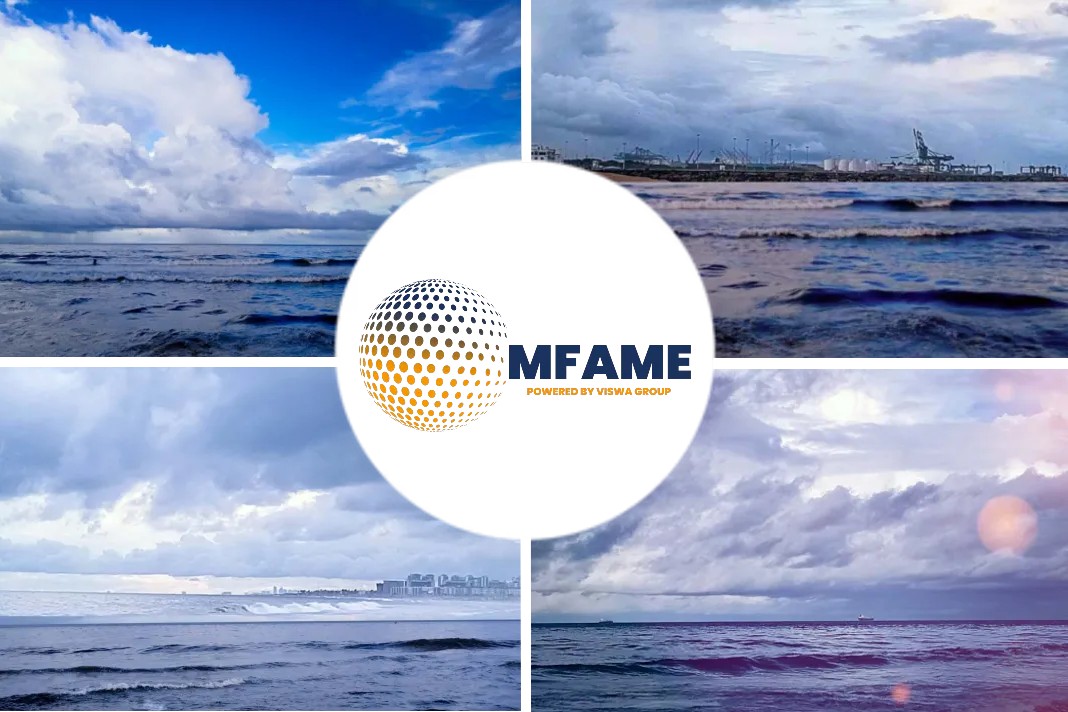 Summary
Summary
- Washington State Department of Ecology, the Port of Seattle, and Cruise Lines International Association Northwest & Canada, announced that there would be no changes to the voluntary agreement on cruise ship scrubber wastewater dumping.
- Port of Seattle and Ecology proposed a temporary pause on scrubber wastewater dumping in Puget Sound while a third-party study is conducted.
- All three parties involved in the voluntary agreement had to agree to the amendments in order to update the agreement, called a Memorandum of Understanding (MOU).
- Cruise ships were responsible for 90% of these discharges, with many of them leaving from Seattle on round trip voyages to Canada and Alaska.
Washington State Department of Ecology, the Port of Seattle, and Cruise Lines International Association Northwest & Canada (CLIA-NWC), announced that there would be no changes to the voluntary agreement on cruise ship scrubber wastewater dumping in Puget Sound due to opposition by CLIA, according to environmental organisation Stand, says an article published on manifold times website.
Temporary pause on scrubber wastewater dumping
Instead, the Port of Seattle and Ecology proposed a temporary pause on scrubber wastewater dumping in Puget Sound while a third-party study is conducted.
The announcement came after a broad public outcry from tens of thousands of people who earlier this year participated in Ecology’s public comment period and spoke out in support of proposed amendments
One amendment called for the state agency to ban cruise ship scrubber wastewater discharges in Puget Sound in order to address ongoing pollution concerns and better protect the endangered Southern Resident orcas.
Amendments to ban cruise ship scrubber wastewater discharges
During the comment period in early 2021, more than 24,600 people signed a petition in support of the amendments, 230 people submitted individual comments, and 10 environmental groups submitted a technical letter outlining their support for the scrubber amendment.
All three parties involved in the voluntary agreement had to agree to the amendments in order to update the agreement, called a Memorandum of Understanding (MOU). At a virtual meeting hosted by Ecology on Tuesday, August 24.
An Ecology representative stated that the decision was “certainly a tough one” but that the parties were “unable to reach consensus on the proposed amendment as written” to permanently ban scrubber wastewater in the MOU. A CLIA spokesperson confirmed the cruise industry lobbying group did not support the amendment.
The Port of Seattle and Ecology proposed instead a third-party study on scrubber wastewater discharges starting in 2022, alongside a temporary pause of scrubber wastewater discharges in Puget Sound while the study is completed.
Environmental advocacy groups statement in response to the decision
“Scrubbers are nothing more than emissions cheat systems that turn air pollution into water pollution by dumping toxin-laden wastewater into our oceans. Studies show that this pollution drives up the acidity of surrounding waters and harms marine wildlife and ecosystems, including the endangered Southern Resident orcas. It is way past time for the cruise industry to stop dumping toxic wastewater into our waters,” said Marcie Keever, Oceans and Vessels Program Director at Friends of the Earth.
“Asking our kelp forests, fish, orcas, and people to pay the price for cruise ships to continue buying cheaper fuel and use scrubbers is unconscionable. This refusal to use available mitigation, such as burning low sulfur fuels, demonstrates why we need to transition away from the industry to a cruise-free Salish Sea,” said Stacy Oaks, Steering Committee member for Seattle Cruise Control.
“This is a classic case of one step forward, one step back, and it’s leading to the continued governance stalemate hamstringing efforts to protect our local waterways and restore our local ecosystems,” said Blair Englebrecht, Boating Programs Manager at Puget Soundkeeper.
Beginning to install scrubbers
More and more cruise and cargo companies are beginning to install scrubbers on their ships in order to comply with the International Maritime Organization’s 2020 rule, which limits the sulphur content in the fuel oil burned to power ships operating outside designated emissions control areas.
Sulphur oxide (SOx) emissions from ships burning bunker fuel have major health and environmental impacts. it states.
According to a recent study by the International Council on Clean Transportation (ICCT) focused on Canada’s Pacific coast, in 2017, 30 scrubber-equipped ships dumped 35 million tonnes of contaminated scrubber wastewater near British Columbia, including 3.3 million tonnes within the designated critical habitat for endangered Southern Resident orcas.
Cruise ships were responsible for 90% of these discharges, with many of them leaving from Seattle on round trip voyages to Canada and Alaska.
Several states and countries already banned scrubber discharges in port or in inland waters, including California, Hawaii, and Connecticut, as well as Norway, China, Singapore, Belgium, and the United Arab Emirates.
Did you subscribe to our daily newsletter?
It’s Free! Click here to Subscribe!
Source: manifold times














